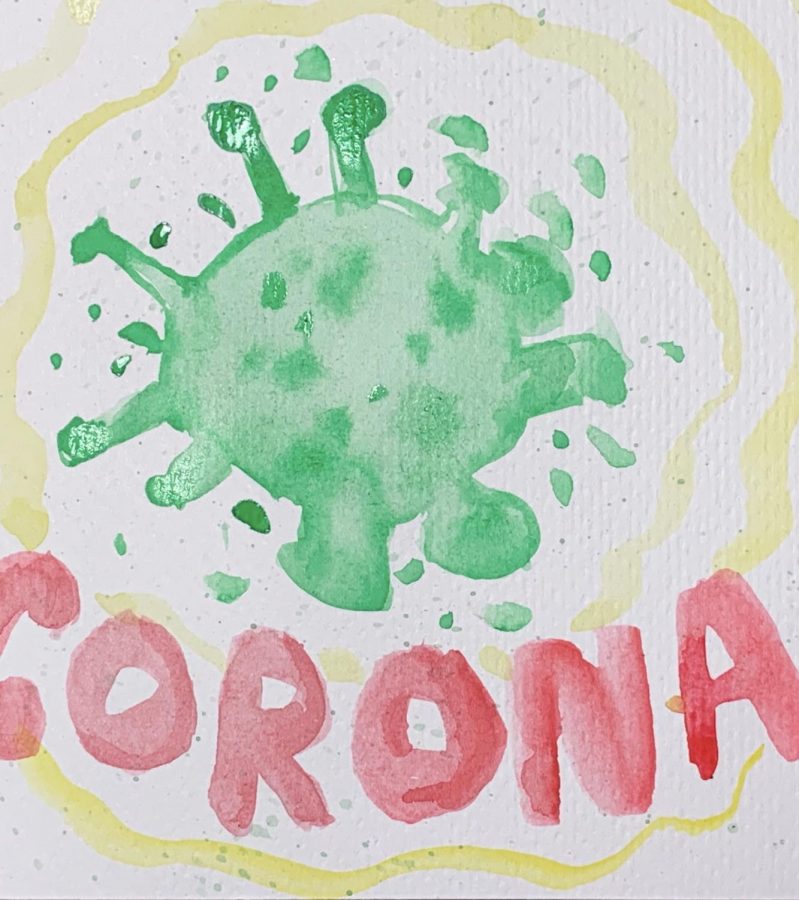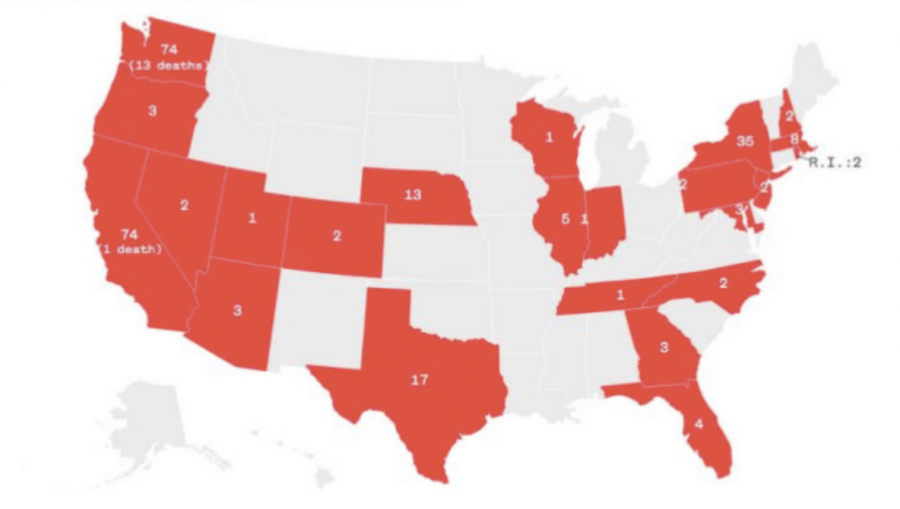The Isaac Stein’s of the world are a dying breed. Few active members of Facebook participate in the action known as “Writing a Status”, and even fewer care to write something worthwhile.
The constitution of Facebook Statuses is deteriorating so much that people have been hacking onto each other’s accounts to type trivial, inappropriate, and generally pitiable remarks to embarrass the owner of said account.
“I enjoy sniffing the butt of my mother?” read one feeble attempt of status sabotage on an anonymous Staples student.
Not one year ago, Facebook was the dominant social media network and status updates were common and creative daily. Currently, a select few carry on this legacy, and seldom do they receive much attention.
Staples graduate Isaac Stein, however, has managed to keep the fire going in his status updates. Stein ’12 has produced masterpiece after masterpiece of Facebook statuses, each of which garners dozens of “likes” and comments each time they surface on news feeds.
“When used for a concrete purpose, Facebook can be an informational force to be reckoned with,” Stein said. He argued that behind Twitter’s immense increase of popularity, the brevity of each tweet is a restriction that limits the writer. “140 characters per tweet is a limitation that does not exist on Facebook. I am able to write long anecdotal adventures on my status updates, where on Twitter I wouldn’t be able to finish a sentence,” Stein added.
Stein is one in a million, though, and Facebook statuses have lost both spark and consistency.
But, with the hope for Facebook statuses crumbling into ruin, a Twitter empire has been erected in its place.
Zach Morrison ‘13 argued that tweets have far surpassed Facebook statuses, and the brevity of said tweets is a good thing. “140 characters is a blessing from God. I can’t stand the essay length statuses that come up on my news feed, even if it does seldom happen,” Morrison said.
Both seniors Jacob Meisel and Lily Rappaport leaned strongly towards Twitter.
“With twitter I can follow whoever I want to follow and can cater my feed to my interests”, Rappaport said.
“Twitter is a medium in which you only follow who you want to hear from, while the Facebook culture revolves around friending everyone,” Meisel added.
Most people feel that Twitter has provided an alternate, more route to reading about the lives of the friends each individual wants to read about, instead of facing the inconvenience of simply scrolling up or down to avoid said statuses on Facebook news feeds.
“If someone posts something stupid, that would be regarded as a ‘miss’, and that can be avoided on Twitter,” Tucker Rizzi ’13 said.





















































